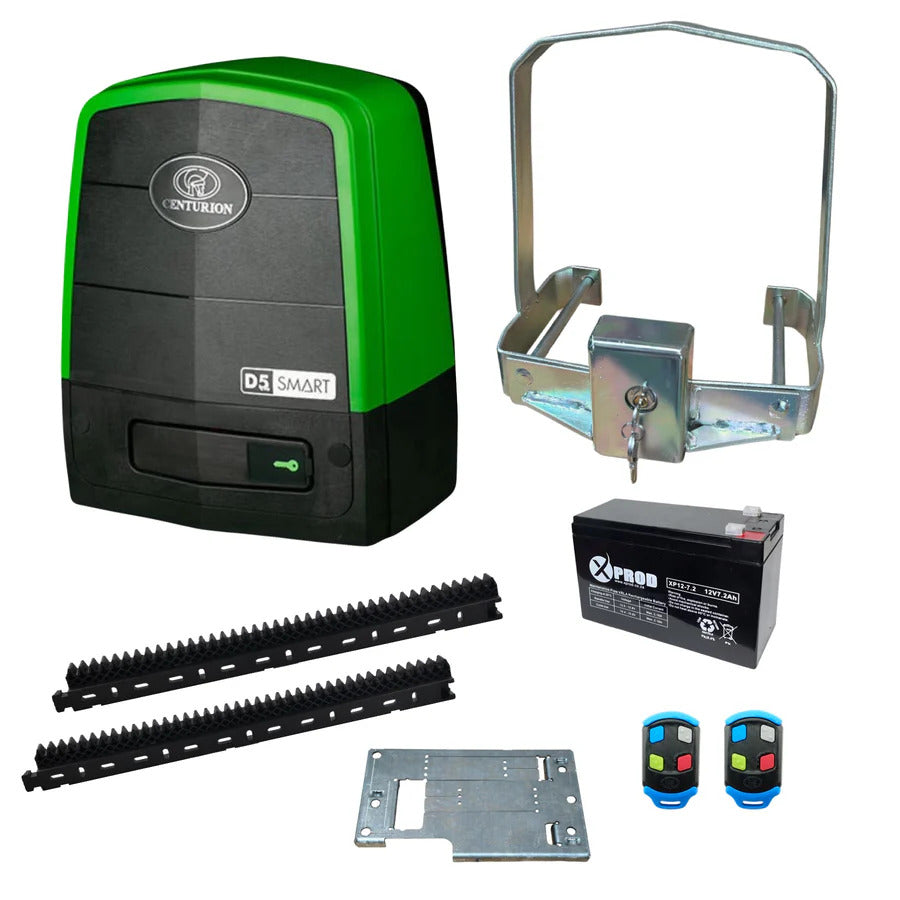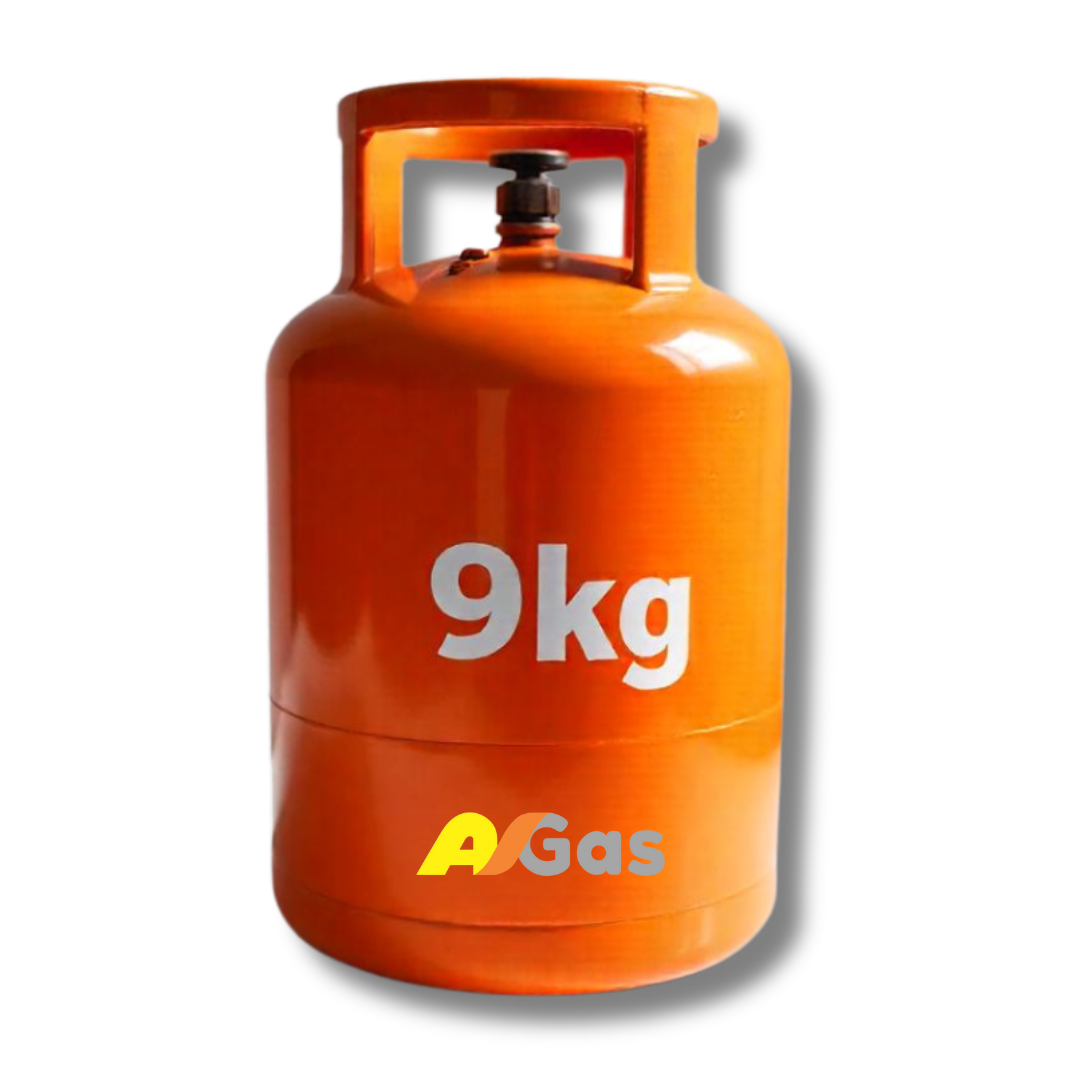Guide
Share
Questions to Ask Before Installing Security Cameras
Installing security cameras is a significant step toward enhancing the safety of your property. However, to ensure you choose the right system tailored to your specific needs, it's crucial to ask the right questions before making a decision. This guide provides a comprehensive overview of the essential considerations to help you make an informed choice.
1. What Are Your Surveillance Objectives?
Understanding your primary reasons for installing security cameras will guide the selection process.
a. Are You Aiming to Deter Theft or Monitor Employee Productivity?
- Deterring Theft: Visible cameras can discourage potential intruders.
- Monitoring Productivity: Discreet cameras might be preferable to observe daily operations without causing discomfort.
b. Do You Need to Monitor Specific Areas or the Entire Property?
- Specific Areas: Focus on high-traffic zones, entrances, or sensitive areas.
- Entire Property: A comprehensive system with multiple cameras may be necessary.
2. Which Type of Security Camera Suits Your Needs?
Various cameras offer different features. Selecting the appropriate type ensures effective surveillance.
a. What Are the Differences Between Wired and Wireless Cameras?
- Wired Cameras: Offer stable connections but require professional installation.
- Wireless Cameras: Easier to install with flexible placement options but may face signal interference.
b. Should You Opt for Indoor or Outdoor Cameras?
- Indoor Cameras: Designed for interior spaces, often with features like two-way audio.
- Outdoor Cameras: Built to withstand weather conditions, equipped with features like infrared night vision.
3. What Features Are Essential in a Security Camera?
Key features enhance the functionality and effectiveness of your surveillance system.
a. How Important Is High-Resolution Footage?
- Benefit: Provides clear images, essential for identifying faces or license plates.
- Recommendation: Opt for cameras with at least 1080p resolution.
b. Do You Require Night Vision Capabilities?
- Benefit: Ensures surveillance continues effectively in low-light conditions.
- Types: Infrared (IR) for black-and-white images; full-color night vision for detailed footage.
c. Is Motion Detection Necessary for Your Surveillance Goals?
- Benefit: Triggers recordings only when movement is detected, saving storage space.
- Advanced Features: Some systems offer customizable zones and sensitivity levels.
4. How Will You Manage and Store the Recorded Footage?
Efficient storage solutions are vital for accessing and reviewing past recordings.
a. What Are the Storage Options Available?
- Local Storage: Utilizes DVRs or NVRs; offers control over data but requires physical space.
- Cloud Storage: Provides remote access; may involve subscription fees.
b. How Long Should You Retain the Footage?
- Considerations: Depends on security policies, legal requirements, and storage capacity.
- Recommendation: Determine retention periods based on the criticality of the monitored areas.
5. What Are the Legal Implications of Installing Security Cameras?
Compliance with laws ensures ethical surveillance and avoids potential legal issues.
a. Are There Privacy Laws Governing Surveillance in Your Area?
- Action: Research local regulations regarding video recording, especially in areas where individuals have an expectation of privacy.
b. Is It Necessary to Inform Employees or Visitors About Surveillance?
- Best Practice: Posting clear signage can serve as a deterrent and ensures transparency.
6. How Will the Installation Process Be Handled?
Proper installation is crucial for the optimal performance of your security system.
a. Should You Hire Professionals or Opt for a DIY Approach?
- Professional Installation: Ensures correct setup, especially for complex systems.
- DIY Installation: Cost-effective for simpler systems; requires technical know-how.
b. What Are the Maintenance Requirements for the System?
- Regular Checks: Ensure cameras are functioning correctly and lenses are clean.
- Software Updates: Keep firmware up to date to benefit from security patches and new features.
7. How Much Are You Willing to Invest in a Security Camera System?
Budget considerations will influence the quality and features of the system you choose.
a. What Is the Total Cost of Ownership?
- Upfront Costs: Include equipment purchase and installation fees.
- Ongoing Expenses: Consider maintenance, storage subscriptions, and potential upgrades.
b. Are There Scalable Options Available?
- Benefit: Allows you to expand the system as your security needs grow.
Conclusion
Asking these critical questions before installing security cameras will help you select a system that aligns with your specific requirements and ensures robust protection for your property. For expert advice and a wide range of security solutions, consider consulting with Alectra Solutions.



